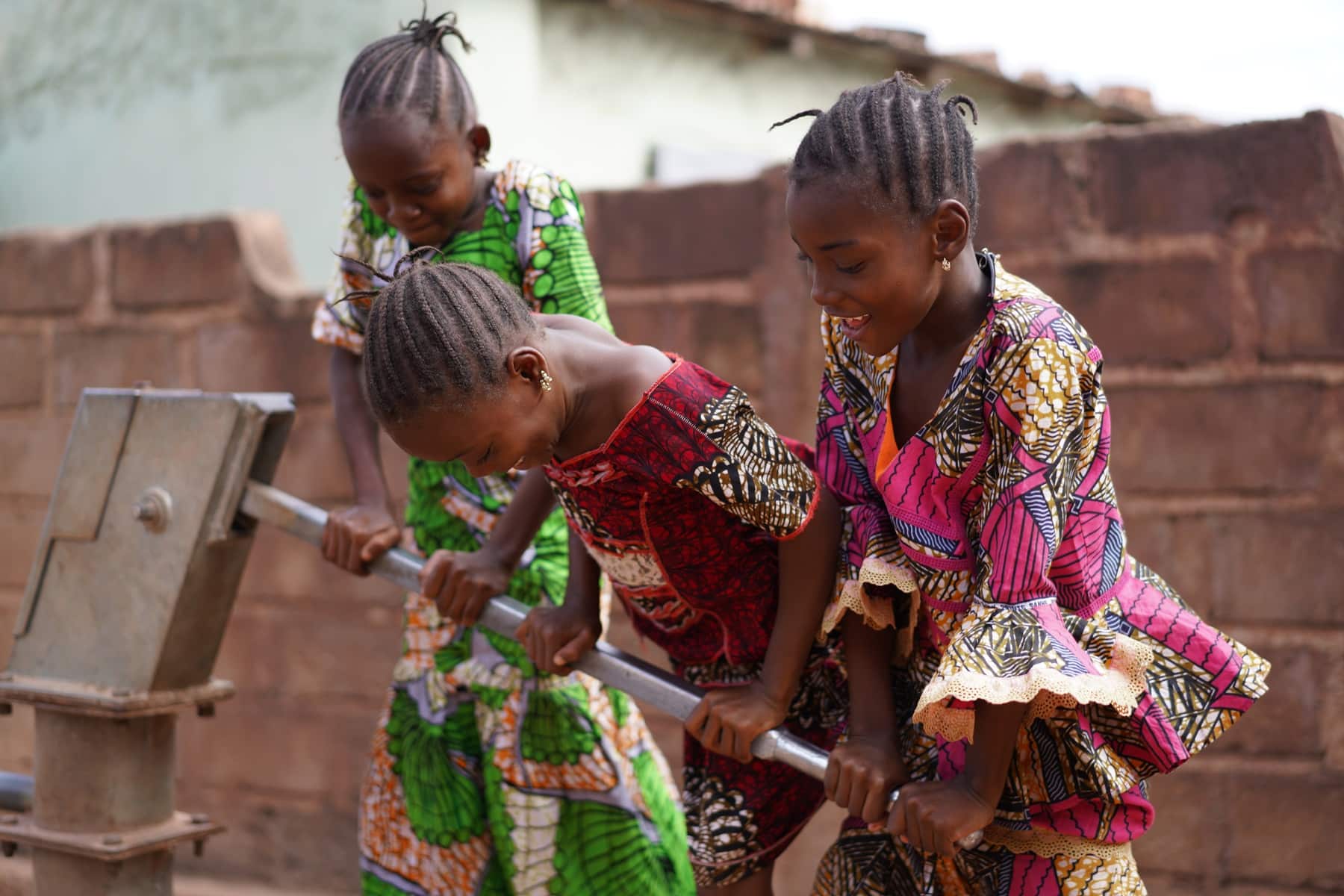Bitcoin is a Liberating Force for an African Village Mining It

A village in Malawi is full of “happy people” – thanks to Bitcoin mining.
The village is called Bondo. Rather, it’s a cluster of villages in the foothills of Mount Mulanje, in a remote Malawi region near Mozambique’s border.
It’s an impoverished region with no modes of transport besides one’s feet, very few resources to feed people, and no electricity. Well, until recently.
Bitcoin Brought Electricity to Bondo
UnHerd reported that “electricity has arrived in Bondo.”
What the region does have is massive rainfall. Three turbines were installed in a micro-hydro system to exploit that rainfall.
In a concrete pump shed sit 32 computers mining Bitcoin.
And while crypto mining is commonly criticized for electricity consumption, the report argues that,
“This initiative flips that narrative by using Bitcoin mining to fund energy in parts of Africa that are too poor or remote to merit connection to grids, but which do have plentiful supplies of potential power sources.”
Mining utilizes the excess energy of these renewable plants. It has created a “life-changing” impact for the 1,800 homes connected to a mini-grid.
And it has done so in a number of ways.
Firstly, as said, people finally got electricity, unlike in most places in the country. Among many other things, they can use stoves to cook, refrigerators to store their food and medicine, watch TV, and the lights are on for children to study, giving them a chance to continue their education instead of leaving school.
Also, villagers are able to produce food and drinks to sell at the local markets.
The senior chief told the reporter they never thought they’d see energy supplied to the villages. And not only homes, but schools, maize mills, small enterprises, shops, and churches are also connected to the grid.
“When you move around Bondo you see happy people — and that’s because of electricity.”
All this helps drive development in the local economy as well.
People Learned How to ‘Catch Their Own Fish’
One of the most important and often neglected facts is that many impoverished communities rely on foreign aid.
Actually, the author described Malawi as “a powerful case study in the failures of aid.” Countries such as Great Britain would bring fish to Malawi, but never taught them how to catch it itself, so to say.
But, the report noted,
“[Bitcoin mining has released] the community from reliance on foreign handouts to survive.”
Erik Hersman, chief executive of Gridless, commented that “Bitcoin can prevent Bondo becoming the sort of white elephant that you see across Africa, built by aid groups and then abandoned.”
Mount Mulanje Conservation Trust, a local group working to protect the region’s unique bio-diversity, built the Bondo power plants. They were initially supported by finance from aid and development agencies.
However, said the report,
“Now Bitcoin covers the running costs.”
Lastly, Malawi shows yet another reason why people in Africa are turning more towards bitcoin. They are looking for a way to protect their money and keep it away from unstable local currencies.




